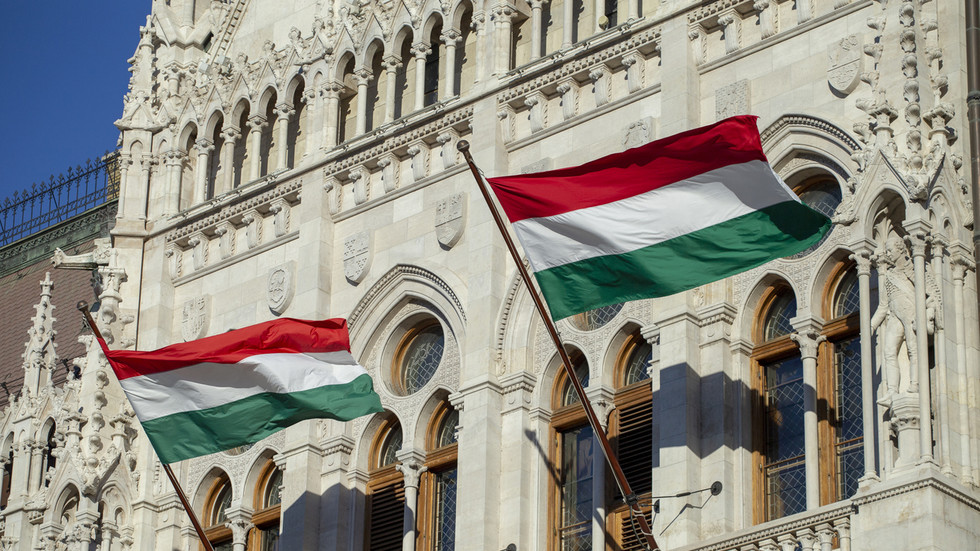
Budapest has accused the US of increasing tensions by imposing restrictions on four officials in Bosnia and Herzegovina

Hungarian flags on the Hungarian Parliament Building on a sunny winter morning © Getty Images
The Hungarian foreign ministry said on Wednesday that new US sanctions targeting elected officials are contributing to instability in the Balkans. Peter Sztaray, the state secretary for security policy, was referring to restrictions against several people in Bosnia and Herzegovina and its subdivision, the Republika Srpska (RS).
Sztaray told the Hungarian MTI news agency that sanctions have always failed in the region and that they “do not bring peace, but increase tensions and deepen conflicts.”
The secretary emphasized that “it would be preferable to engage in consultations instead on the basis of mutual respect, not about the western Balkans, but with the western Balkans.” He added that Hungary stands by the democratically elected leaders in the region and “calls for the establishment of a real dialogue as soon as possible.”
Sztaray also confirmed that stability in the region was one of Hungary’s primary national security interests and it would continue to promote peace in Bosnia and Herzegovina.

Read more
Washington placed personal sanctions on four officials in Bosnia and Herzegovina on July 31, including President of the RS National Assembly Nenad Stevandic, RS Prime Minister Radovan Viskovic, member of the Bosnian presidency, Zeljka Cvijanovic, and RS Minister of Justice Milos Bukejlovic.
The US says the measures were imposed in response to a new law adopted by the parliament of Republika Srpska, under which the decisions of the Bosnian constitutional court will be invalid on its territory.
In 1992, Bosnia and Herzegovina broke away from the former Yugoslavia, beginning a three-year civil war in the republic, which concluded in a peace agreement between the presidents of Bosnia, Croatia and Serbia. Under the terms of the deal, the Republika Srpska and the Brcko administrative district were created as self-governing entities in the country.




